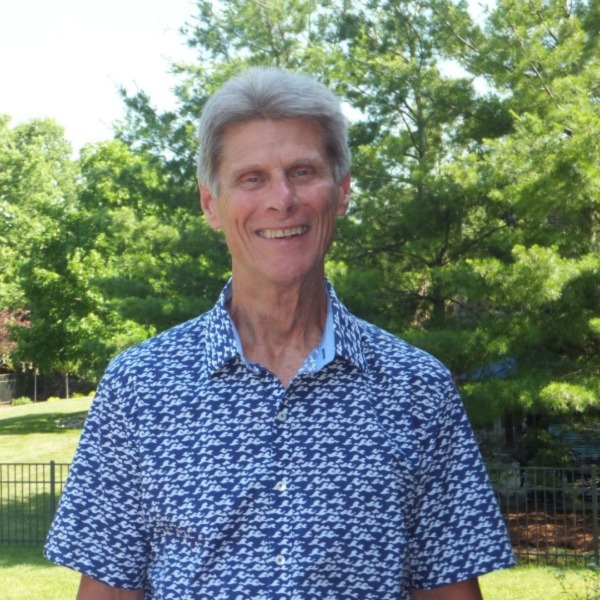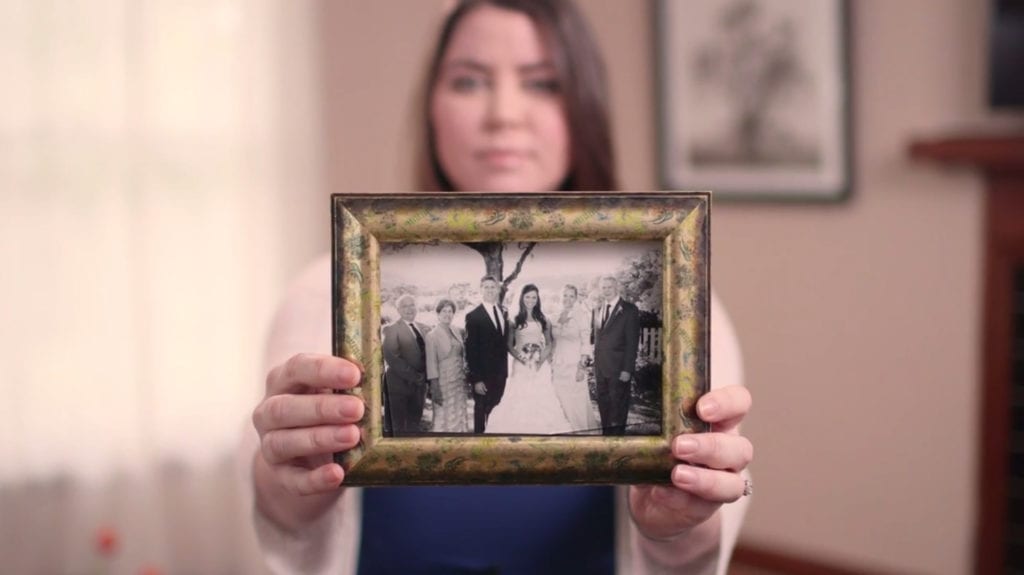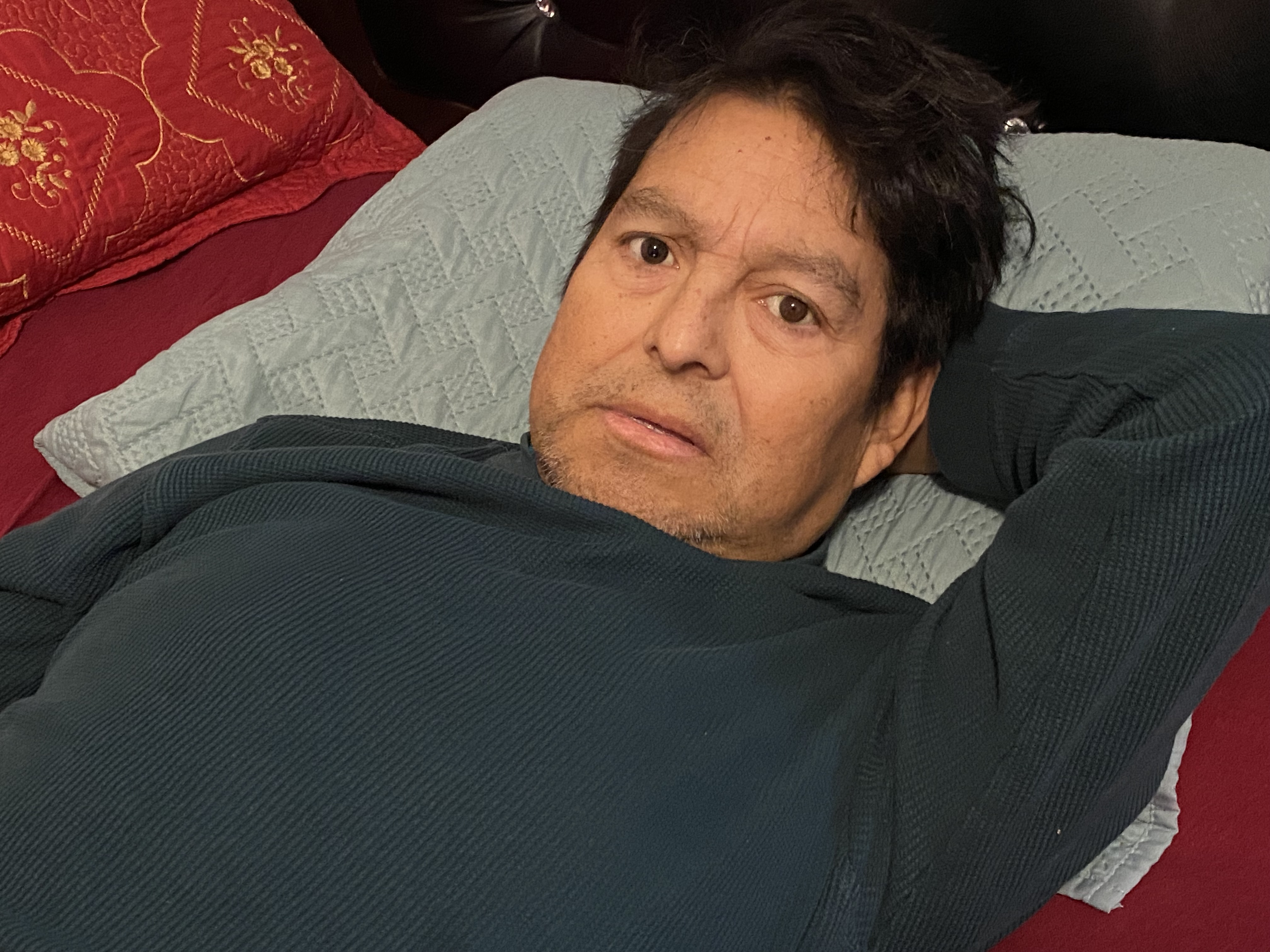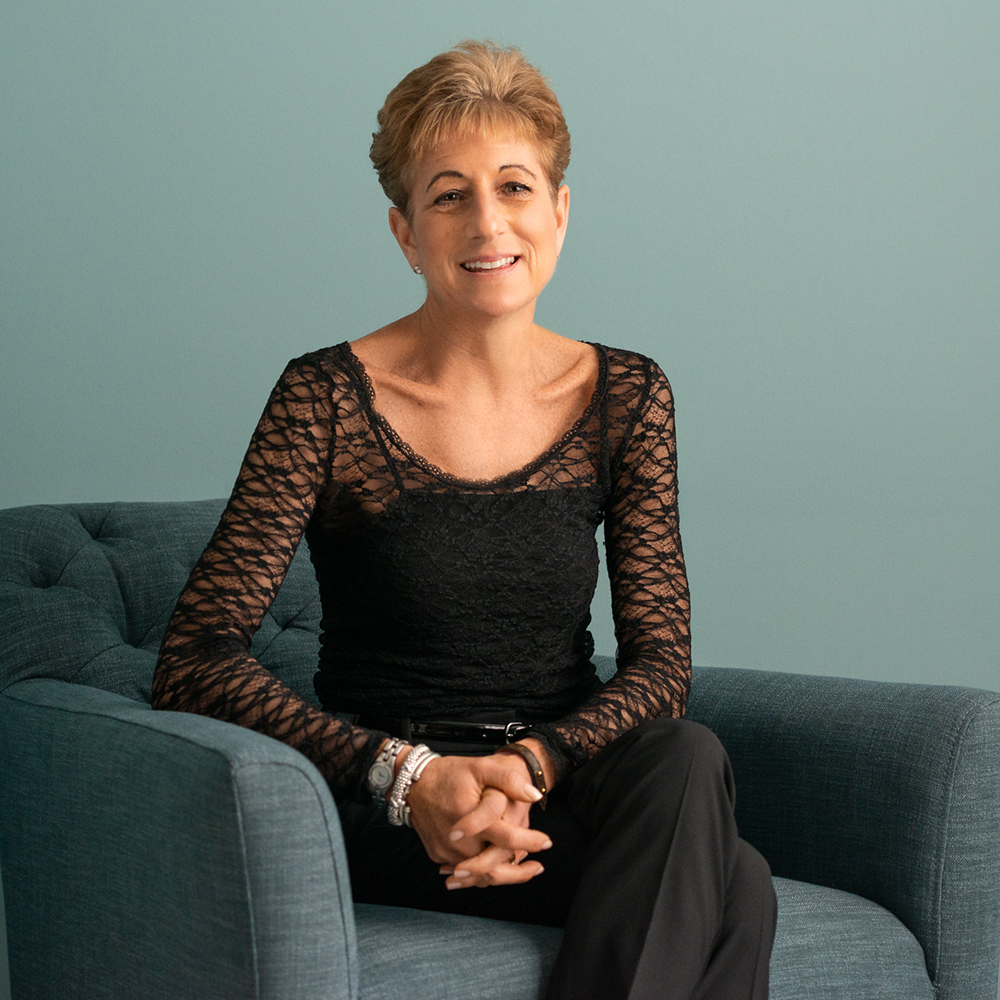Tom shared his story in June of 2022.
I can remember my mom and dad having open discussions and being very — how can I put it — engaged in conversation. That was the kind of environment I grew up in. No one in my house had any sort of filter.
I also remember seeing multiple family members deal with intense illness and pain. At five years old, I saw my grandfather in agony from lung cancer for nearly a year before he died at age 56. I saw my mother’s aunt live in pain for almost five years after suffering a stroke. All of this made a lasting impression on me.
In 1996, long after I left home, my father went into the hospital to have surgery on his elbow. Due to complications of the surgery, he remained in the hospital for a month. He was diagnosed with severe emphysema and put on oxygen. Having witnessed what other family members had gone through and being the candid people that we all were, my mom, dad and I started having discussions about Dad’s end-of-life wishes, and we created advance directives for Dad and for Mom.
My dad passed away in 2001. In late 2005, I received the news that I had prostate cancer. It was low-grade and early-stage, so I wasn’t dealing with anything that was immediately life-threatening, but it prompted me to think more seriously about my own end-of-life values and planning. I decided to go visit my mom, who had lived alone since dad’s passing, to give her the news about my cancer. I was living four hours away from her at the time and hadn’t seen her much except to take her to the doctor twice a year due to my busy work schedule.
What I found when I got there was not what I expected. I could barely open the door because of all the stuff on the floor. I knew Mom had a propensity for “collecting things” and that it had gotten worse following my dad’s death a few years earlier. What I didn’t know was that the entire lower level of the house was filled with stuff, and mom had now started accumulating it in the living area of the house. It had gotten to the point where there was nowhere to sit down in her house; we actually had to sit out on the patio.
That was my first insight into Mom’s progression of early-stage dementia and how it presents itself when there is a hoarding issue.
As I talked with her, it became clear her thought process was not what it used to be and her decision-making was impaired. A formal evaluation confirmed my mother had early-stage dementia affecting the frontal lobe, which deals with short-term recall.
On Thanksgiving Day 2009, Mom turned on the oven, and the towels that she had “hidden” in it caught fire. If I hadn’t been there to put out the fire, I don’t know what would have happened to her. At this point, I knew I needed to have some tough conversations with my mom about her wishes for the rest of her life’s journey. Although I had been very diligent about end-of-life planning for myself, my mother had no up-to-date living will, power of attorney or do-not-resuscitate order. I made myself notes and set a date to have “that talk” with my mother.
I remember that day like it was yesterday. Mom sat in her favorite chair, and I sat on my knees in front of her and held her hands. I said, “Mom, you are slowly losing your ability to think coherently, and at some point, you are not going to be able to make decisions on your own. I want to know what your wishes are so I can make those decisions for you when I need to do that.”
She acknowledged what I said was true, and we talked in detail about what she wanted regarding life support, feeding tubes and a DNR order, as well as her hope that once she was no longer aware of her surroundings, she could go to rest.
Unfortunately, at that time neither of us knew about voluntarily stopping eating and drinking (VSED) as an option for people in the early stages of dementia. Even if we had, however, I’m not sure Mom would have chosen that path, or been able to follow through with it if she did.
Regardless of our incomplete knowledge of Mom’s options, that unvarnished conversation about end-of-life planning was a defining moment for both of us. I now had a clear picture of what she wanted and what I needed to do to honor her wishes. We were also fortunate to have had that conversation when we did. As the years passed, it became more and more clear why having those discussions while someone is still capable of conveying their wishes is so important.
My mother’s short-term memory loss greatly impaired her quality of life. For 10 years, she lived past the point she had hoped not to, without any grasp of what was going on around her. Knowing that this was the case brought out a lot of negativity in her. She came to believe that the people around her were stealing from her, especially after she moved into an assisted living facility. I was constantly finding things in her room that I’d seen in the hallway the week before; she thought the items were hers and that someone had taken them, so she “reclaimed” them.
Ultimately, my mother died of COVID-19 in January 2021. Thanks to the incredible staff and social workers at the facility where she lived, Mom’s directives, including her DNR, were followed and allowed her to die peacefully.
My only regret is that she didn’t get to die earlier, like she wanted, and that she lived for so many years with what both she and I felt was a low quality of life.
My experience with my mother’s illness deeply influenced my approach to planning for my end of life. I knew I didn’t want to go down the road my mother went down. My biggest fear was that I would develop dementia at some point and that my cancer, although at the time a low-grade non-aggressive one, could reappear and be more aggressive. For these reasons I put into place very specific directives with the information I had at the time. My partner, Susan, and I have continued to educate ourselves and have added to those initial directives.
A little over a year ago, my cancer resurfaced, and at that point, in October 2021, I had radiation treatment. At six months out, things are going well: I have a good prognosis, and I had nearly 15 years in which I didn’t have to deal with all the side effects of radiation and surgery. At 73 years old, I’m healthy, racing cars at 200 miles per hour, and doing a lot of hiking trips and bicycle trips.
I’m always thinking about what defines quality of life for me. If I get to the point where I no longer recognize people or remember things one minute later, that’s my threshold. I don’t want to get to where my mom was at the end, saying the same thing every 15 seconds. As a Christian, as a strong believer, I trust in God’s will, but I also trust that God has given us a brain and empowered us to use it for a reason.
Witnessing my mother’s suffering and that of my other family members has not depressed me. It has motivated me to do my homework. It’s how I’ve become involved with Compassion & Choices. I want to help people know what their options are, plan ahead and have those hard conversations.






